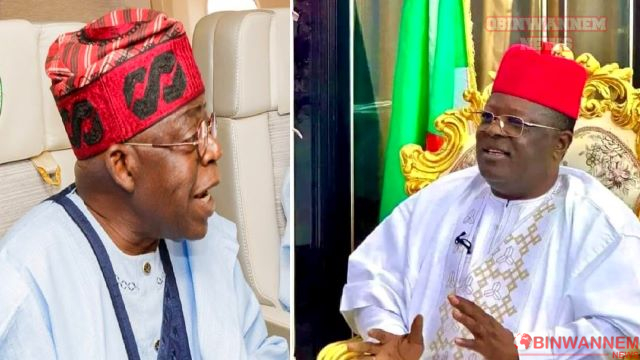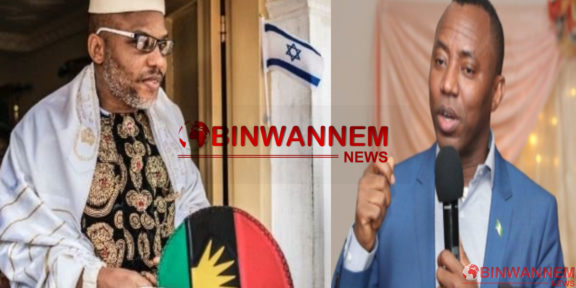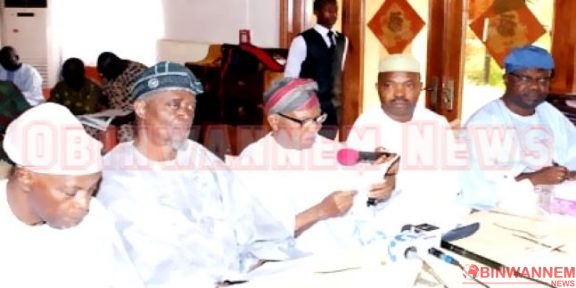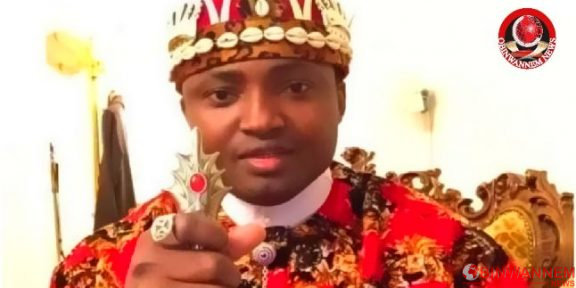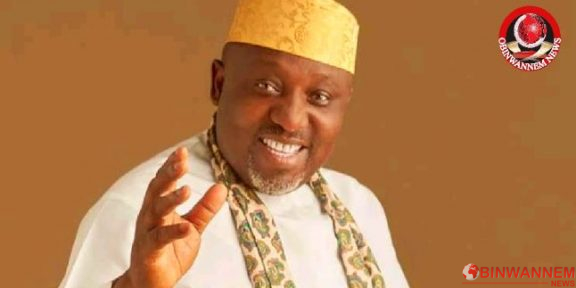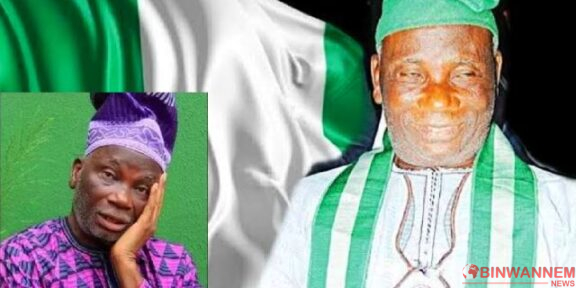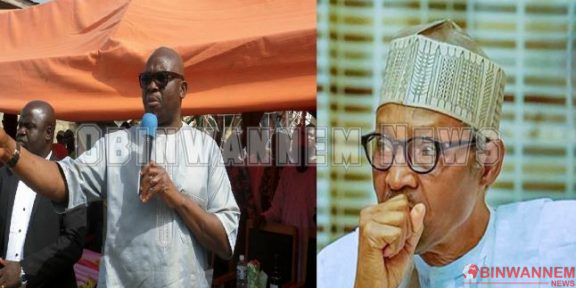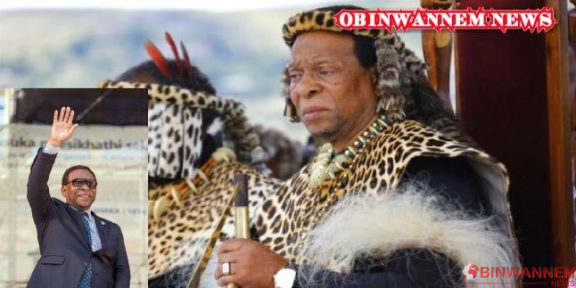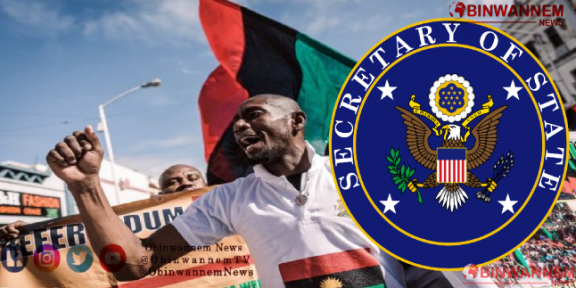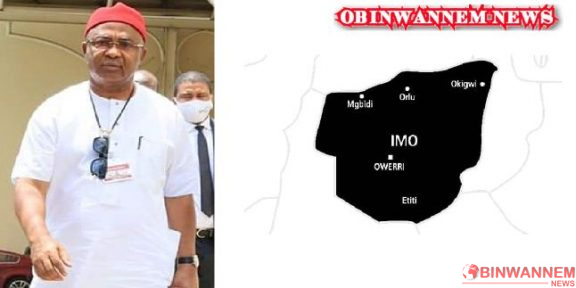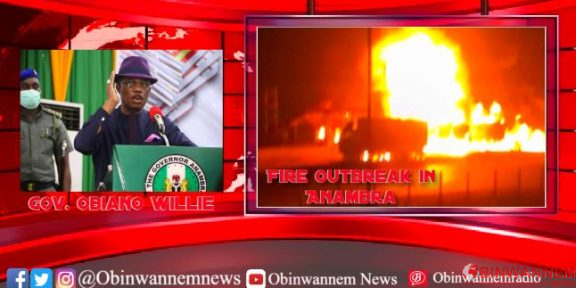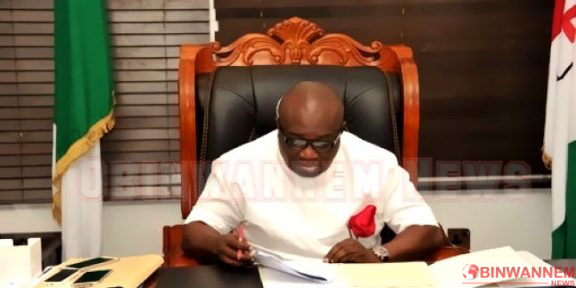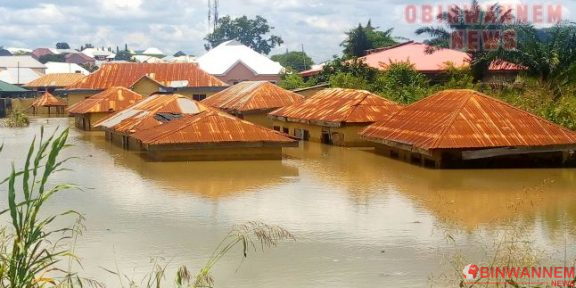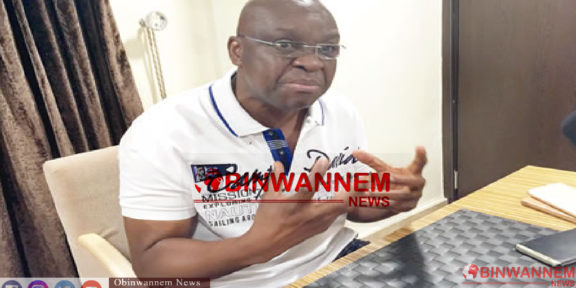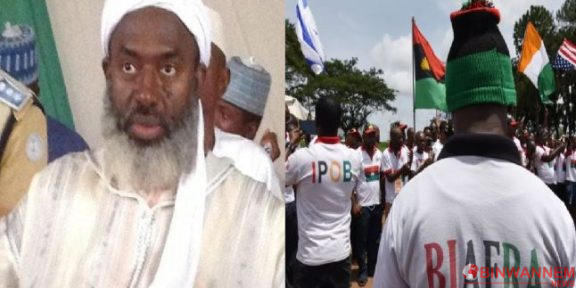In a recent statement, David Nweze Umahi, the Minister of Works, called upon the presidential candidates of the Peoples Democratic Party (PDP) and the Labour Party (LP), Atiku Abubakar and Peter Obi, along with their supporters, to desist from scrutinizing President Bola Tinubu’s academic history. While Umahi commended President Tinubu’s appointments in public service and dubbed him an ‘A student,’ his plea to leave Tinubu alone raises concerns and warrants critical examination.
First and foremost, the call for political opponents and their supporters to refrain from scrutinizing a presidential candidate’s qualifications is counter to the principles of transparency and accountability that underpin any democratic society. In a democracy, it is not only the right but also the duty of citizens to inquire into the credentials and suitability of individuals aspiring to the highest office in the land. Rather than discouraging such scrutiny, political leaders should encourage it, fostering an environment where qualifications and competence are paramount.
Umahi’s assertion that President Tinubu has distinguished himself in various appointments is subjective and fails to provide concrete evidence of his exceptional performance. It is essential in a democracy to critically assess a candidate’s track record, including their achievements and failures, to make informed decisions. Relying solely on subjective praise without a rigorous evaluation is a disservice to the electorate.
Furthermore, Umahi’s disparaging remarks about the educational qualifications of Atiku Abubakar and Peter Obi, who he claimed presented WAEC certificates, undermine the importance of education in leadership. In a country where educational attainment is a matter of public interest, it is inappropriate for a government official to belittle individuals based on their academic backgrounds. A focus on competence and policy positions would serve the public discourse much better than resorting to personal attacks.
Umahi’s characterization of President Tinubu as the “last hope for Nigeria” is a sweeping assertion that ignores the diverse opinions and preferences of the Nigerian electorate. In a democracy, the people decide who they believe is the best candidate to lead the nation through the ballot box, not through the imposition of one individual as the “last hope.”
Lastly, Umahi’s criticism of State Controllers of Works without specific evidence or a comprehensive evaluation of their performance raises questions about the fairness of such allegations. Accountability is vital, but it should be based on transparent assessments and due process rather than unsubstantiated claims.
In conclusion, David Umahi’s recent statement urging opposition candidates and their supporters to refrain from scrutinizing President Tinubu’s qualifications and praising him without substantial evidence is problematic in a democratic society. Instead of stifling critical discourse, political leaders should encourage open and honest discussions about the qualifications, competence, and policies of all candidates. The Nigerian electorate deserves a robust and informed debate to make the best choices for their nation’s future.


